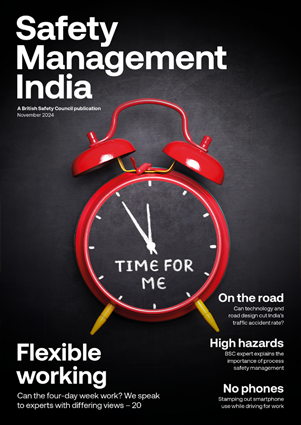A £122 million programme will connect job seeker advisers and therapists to help people with mental health issues find work ‘easier and faster’, says the Department for Work and Pensions (DwP).
Features
Back to work scheme will connect therapists with job centre staff
The investment will see around 700 employment advisers trained so that up to 100,000 more people can receive the combined offer. It will be on stream in 2024 to 2025. The service is already on offer in Cheshire and The Wirral.
Announced for World Mental Health Day on 10 October 2022, DwP secretary of state Chloe Smith said: “It is important to recognise the virtuous circle between health and work – we know that giving people the support they need to work is very good for their long-term health.”
 The £122 million programme will connect job seeker advisers and therapists. Photograph: iStock
The £122 million programme will connect job seeker advisers and therapists. Photograph: iStock
Health and Social Care Secretary and Deputy Prime Minister, Thérèse Coffey, added: “Good physical health and mental wellbeing of the nation is also good for the economic health of the nation and this government is committed to supporting those not working due to ill health.
“Giving people receiving mental wellbeing support access to an employment adviser will help them start, stay, and succeed in work – improving their wellbeing and resilience as well as growing our economy.”
The UK job market has been changing rapidly due to the pandemic, with record numbers of job vacancies but also higher than ever numbers of older workers quitting work.
The ONS said that the number of job vacancies in February to April 2022 rose to a new record of 1,295,000.
But record numbers of over 50s have also given up work due to mental ill health or long-term sickness.
In a recent study, ONS says a total of 386,096 adults aged 50 to 64 years became economically inactive compared with pre-pandemic times over May to July 2022. A ‘record high’ long-term sickness had driven the rise in economic inactivity.
It found adults aged 50 to 59 years were more likely to report mental health reasons (8%) and disability (8%) as a reason for not returning to work when compared with those aged 60 to 65 years (3% and 3%, respectively).
Read the government announcement here


FEATURES
Why changes to recycling legislation in England are an opportunity, not a burden
By on 12 November 2024

Road safety in India: could better road safety, vehicle technology and enforcement make driving for work safer?
By Orchie Bandyopadhyay on 10 November 2024
India has a poor road safety record, and research shows that commercial vehicles are a major contributor to the problem, with trucks estimated to be the single largest vehicle type involved in impacts leading to fatalities. We look at solutions that could make driving for work and the roads in general safer – from in-vehicle technology that warns truck drivers about unsafe behaviour to improving the design features of major highways.

